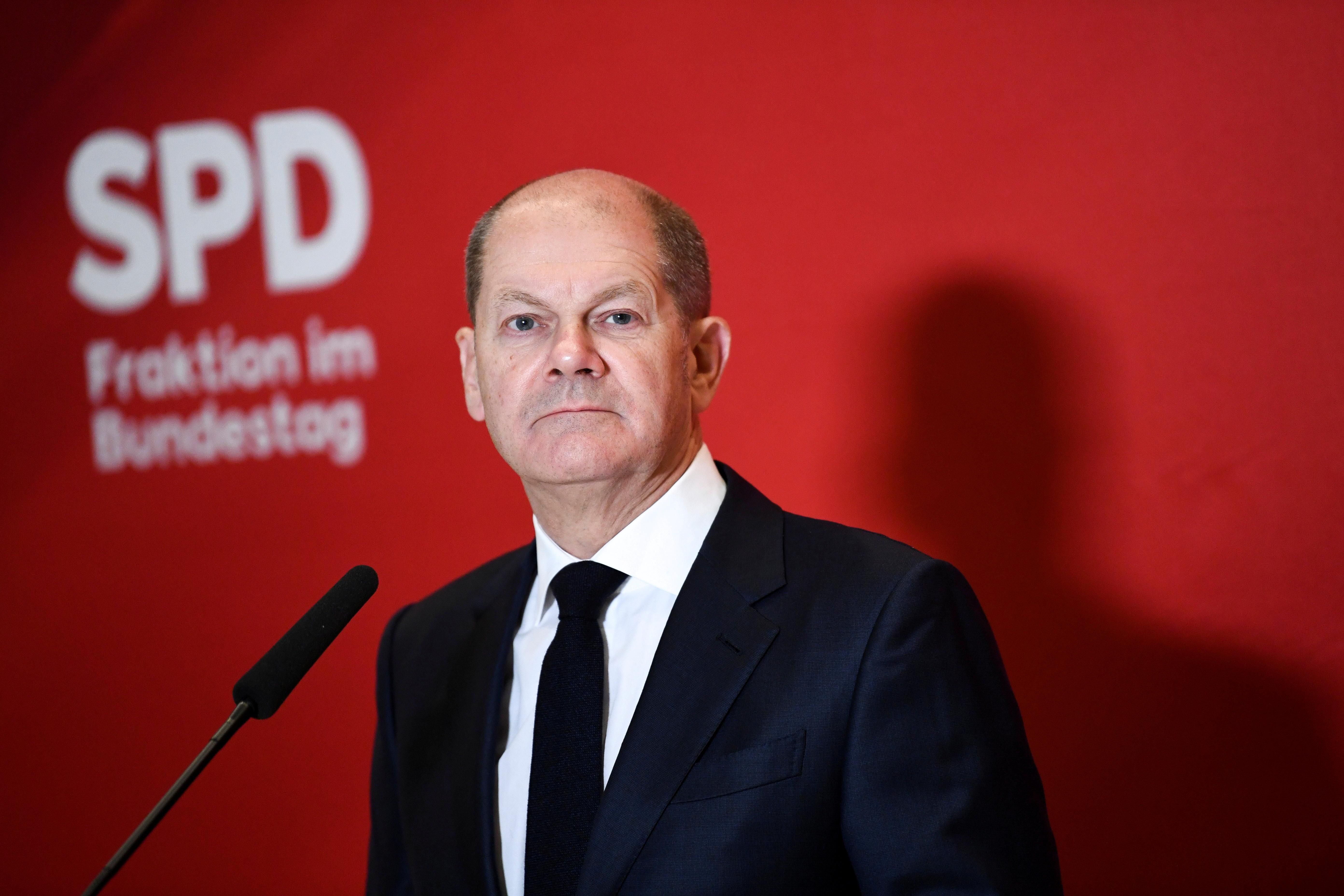Who's going to run Germany? With coalition negotiations now reportedly in the home stretch, we could know what the next German government looks like as soon as Monday or Tuesday. Following elections that were held back in September, the center-left SPD, headed by Chancellor-in-waiting Olaf Scholz, has been hammering together a three-way coalition with the progressive Greens and the fiscal hawks of the Free Democrats Party. One big question mark is whether the spendthrift Greens or the tighter-pursestrings FDP will get the powerful finance ministry portfolio. Meanwhile, Green Party leader Annalena Baerbock is expected to become Germany's first female foreign minister, part of Scholz's larger pledge to ensure that the cabinet is split 50:50 between men and women.
More from GZERO Media
If China, Japan, and South Korea formed a united front, what kind of leverage would they have in negotiating against US tariffs? I think they are heading in that trajectory. The question is, will it be enough to keep Syria stable and away from descending into civil war? Why does Trump want to take Greenland? Ian Bremmer shares his insights on global politics this week on World In :60.
President Donald Trump, seen here on the South Lawn of the White House in February, is set to unveil his "Liberation Day" tariffs.
T-Day has arrived. On Wednesday afternoon, Donald Trump’s reciprocal tariffs on US trade partners will take effect immediately after a Rose Garden announcement.
Sen. Cory Booker (D-NJ) speaks during a marathon address from the US Senate floor on Tuesday, April 1, 2025.
Beijing conducted one of the largest and most provocative military drills ever around the island -- but why now?
Vladimir Putin insists that Volodymyr Zelensky is no longer Ukraine’s legitimate president because his government has imposed martial law and delayed elections that were due in 2024.
Details of a group chat between senior administration officials that leaked last week – the so-called Houthi PC small group – provide allies, adversaries, and watchers with revealing insights into the administration’s foreign policy blueprint. Lindsay Newman explores the takeaways.
Proud Source became a Walmart supplier in 2021. Today, its team has grown by 50%, and it's the largest employer in Mackay, ID. Walmart supports small businesses across the country, and nearly two-thirds of Walmart's product spend is on products made, grown, or assembled in America. It’s all a part of Walmart’s $350 billion investment in US manufacturing, which helps small businesses grow and supports US jobs. Learn more about Walmart’s commitment to US manufacturing.
As Microsoft celebrates its 50th anniversary, Vice Chair and President Brad Smith sits down with company cofounder Bill Gates for a special episode of Tools and Weapons. They discuss Gates’ new memoir, "Source Code: My Beginnings," reflect on Microsoft’s impact over the past five decades, and explore why the next phase of the digital revolution is shaping up to be the most exciting yet. Subscribe and find new episodes monthly, wherever you listen to podcasts.
